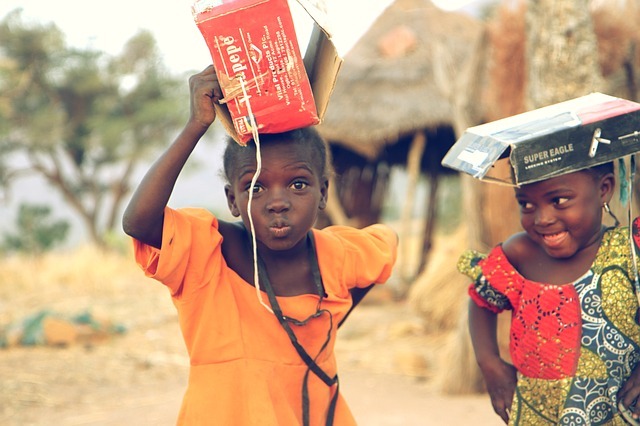Economy
About 63% of Nigerian Population Are Poor – NBS
86 million affected persons live in the North while nearly 47 million live in the southern part of the country.

The National Bureau of Statistics (NBS) stated that 62.9 percent of Nigerians are poor. The government-backed statistical agency noted that the percentage represents 133 million Nigerians.
While launching the Multidimensional Poverty Index (MPI) in Abuja, the agency noted that of the total 133 million, 86 million affected persons live in the North while nearly 47 million live in the southern part of the country.
According to the NBS, the affected Nigerians are those who experience deprivations in more than one dimension, or in at least 26 percent of weighted indicators
NBS noted that the MPI survey which was captured in 2021 and 2022 is one of the largest surveys carried out by the agency with a sample size of over 56,610 households in 109 senatorial districts in the 36 states of Nigeria.
The Chief Executive Officer of NBS, Semiu Adeniran disclosed that the agency used four dimensions of health, work and shock, education, and standard of living.
Investors King understands that the Multidimensional Poverty Index (MPI) is NBS’s unique way of assessing poverty in Nigeria, which is different from the popular one-dimensional approach, which only uses $1.90 per day
Speaking at the launch of the MPI, the Nigerian President who was represented by his Chief of Staff, Prof Ibrahim Gambari promised that the Federal Government will make good use of the data and deploy it in the formulation of government policies.
“Data of this report will be integrated within the national social register to facilitate better targeting for social intervention, leaving no one behind. It will be used to influence the allocation of resources” he said.
The Chief of Staff revealed that the MPI will be strategically used in the government’s drive to lift 100 million Nigerians out of poverty by 2030.
Meanwhile, the Multidimensional Poverty Index (MPI) survey was jointly carried out by the National Social Safety-Nets Coordinating Office (NASSCO), the United Nations Development Programme (UNDP), the United Nations Children’s Fund (UNICEF), and the Oxford Poverty and Human Development Initiative (OPHI).